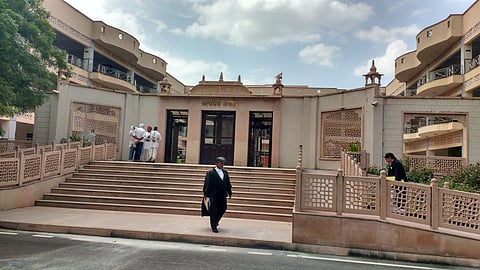
- News
- Columns
- Interviews
- Law Firms
- Apprentice Lawyer
- Legal Jobs
- हिंदी
- ಕನ್ನಡ

The Rajasthan High Court recently issued notice in a plea challenging the conventional insistence on referring to the father’s name in various public documents, as opposed to giving equal weightage to the mother’s name as well.